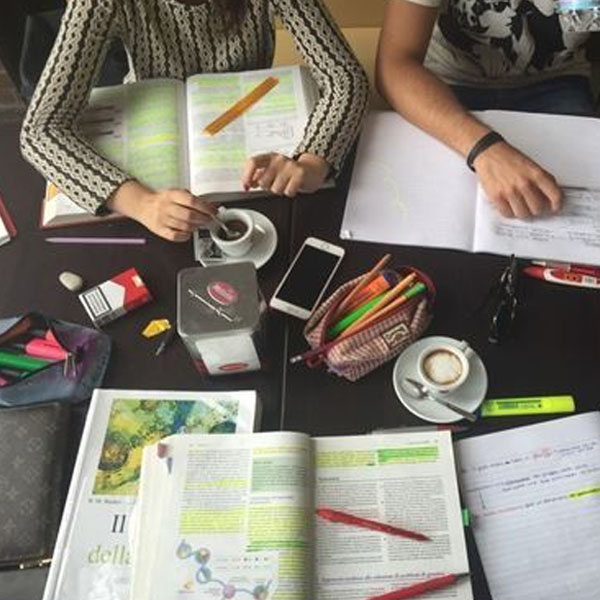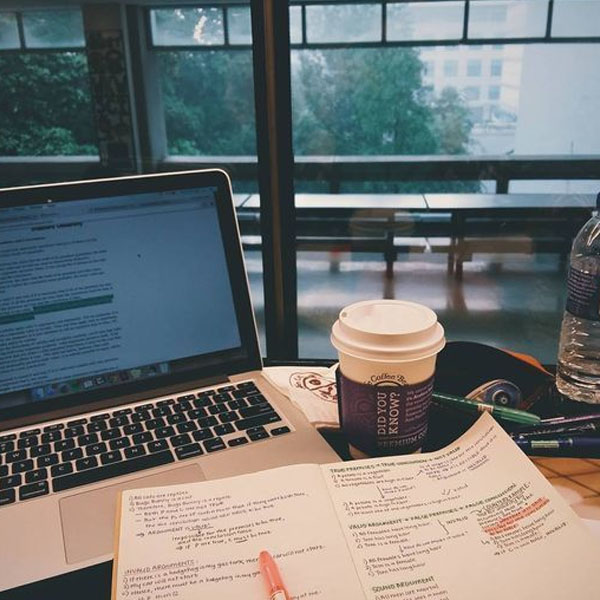Learning is an ongoing journey, and our habits play a big part in how well we take in new information. Be it academic success or personal or professional growth goals, adopting effective learning habits will significantly enhance the experience for everyone involved in education. In this article, we’ll look at various habits and strategies designed to help us learn faster, retain information longer, and reach our learning goals more successfully.
1. Establish a Routine
Consistency is the cornerstone of effective learning. By setting aside dedicated study or learning activities each day, you establish a structured framework that fosters productivity and focus. From morning reading sessions to lecture notes review or skill practice in the evening – creating a consistent routine helps condition your brain to maximize its learning potential by reinforcing neural pathways for easier absorption and retention over time. Furthermore, consistency breeds discipline by showing its priority above other everyday concerns.
2. Apply Active Learning Techniques
Passive learning, where information is consumed without actively engaging, often results in superficial understanding and limited memory retention. To increase both of these, adopt active learning techniques which require active interaction with material. Instead of simply reading or listening to it passively, participate actively by summarizing key points yourself, teaching concepts to a peer or mentor or solving related problems – activities which force deeper processing of information that lead to increased comprehension and retention.
3. Employ Spaced Repetition (SR)
A learning strategy that has been scientifically validated, spaced repetition makes use of the spacing effect to improve long-term memory retention. Spread out your review sessions across a few days or weeks, becoming further apart between each one to take advantage of the fact that our brains remember knowledge better when it is exposed to it frequently over time. This is preferable to learning everything in one sitting. Using spaced repetition in your learning process, whether apps, flashcards, or personalized study plans, maximizes the process of memory consolidation and facilitates knowledge retrieval when needed!
4. Adopt the Growth Mindset
Throughout your learning process, developing resilience and flexibility requires a growth mindset. You can view challenges as opportunities for personal growth rather than as obstacles that must be overcome if you adopt the belief that intelligence and abilities are not fixed traits but can be developed through effort, perseverance, and learning from setbacks. You can also celebrate any small victories while accepting setbacks as a necessary part of the learning process. By adopting this growth mindset, you can develop optimism, curiosity, and resilience to advance in your academic endeavors.


5. Take Breaks and Engage in Self-Care Activities
Self-care should never be put aside when it comes to learning efforts or overall well-being, so be sure to schedule regular breaks into your study sessions so your brain has time to recharge, preventing burnout and fatigue. Engage in activities that promote relaxation, such as exercise, meditation, or spending time outdoors; additionally, adequate sleep is key in memory consolidation and cognitive function – make sure you get plenty of sleep each night so you are mentally and physically prepared to face learning effectively! In case you need more time to rest or engage in different activities, or you just seek writing assistance, check out this paper writing service. see By prioritizing self-care, you will ensure both yourself and the challenges that learning requires.
6. Set Clear Goals and Track Progress
Establishing clear, actionable goals is vital to maintaining motivation and focus in your learning endeavors. Divide larger objectives into more manageable tasks with deadlines for completion, then monitor your progress toward these goals and adjust as necessary to stay on track. Celebrate each achievement no matter how small, while using setbacks as opportunities for personal development. By setting clear goals and monitoring progress regularly, setting clear goals keeps your journey on course, keeping you committed and motivated towards reaching the desired outcomes.
7. Seek Feedback and Enhance Continuous Improvement
Finding your learning process’s areas of strength and progress with the use of feedback may be quite beneficial. Seek input from mentors, teachers, classmates, and everyone else you come across to obtain a variety of viewpoints and thoughts. Consider constructive criticism as a chance for personal development and strive to integrate it into your learning process. Set out on a never-ending quest to develop yourself while looking for fresh tools, methods, and approaches!
Conclusion
Establishing these habits into your daily routine can greatly enhance your ability to learn effectively and reach your goals. From studying for exams or personal pursuits to career advancement, adopting habits such as creating a regular routine, practicing active learning techniques and cultivating a growth mindset are proven strategies for fostering learning success in any endeavor. Learning is an ongoing journey – by adopting these habits now you’ll be better prepared for the challenges and opportunities that lie ahead!
















